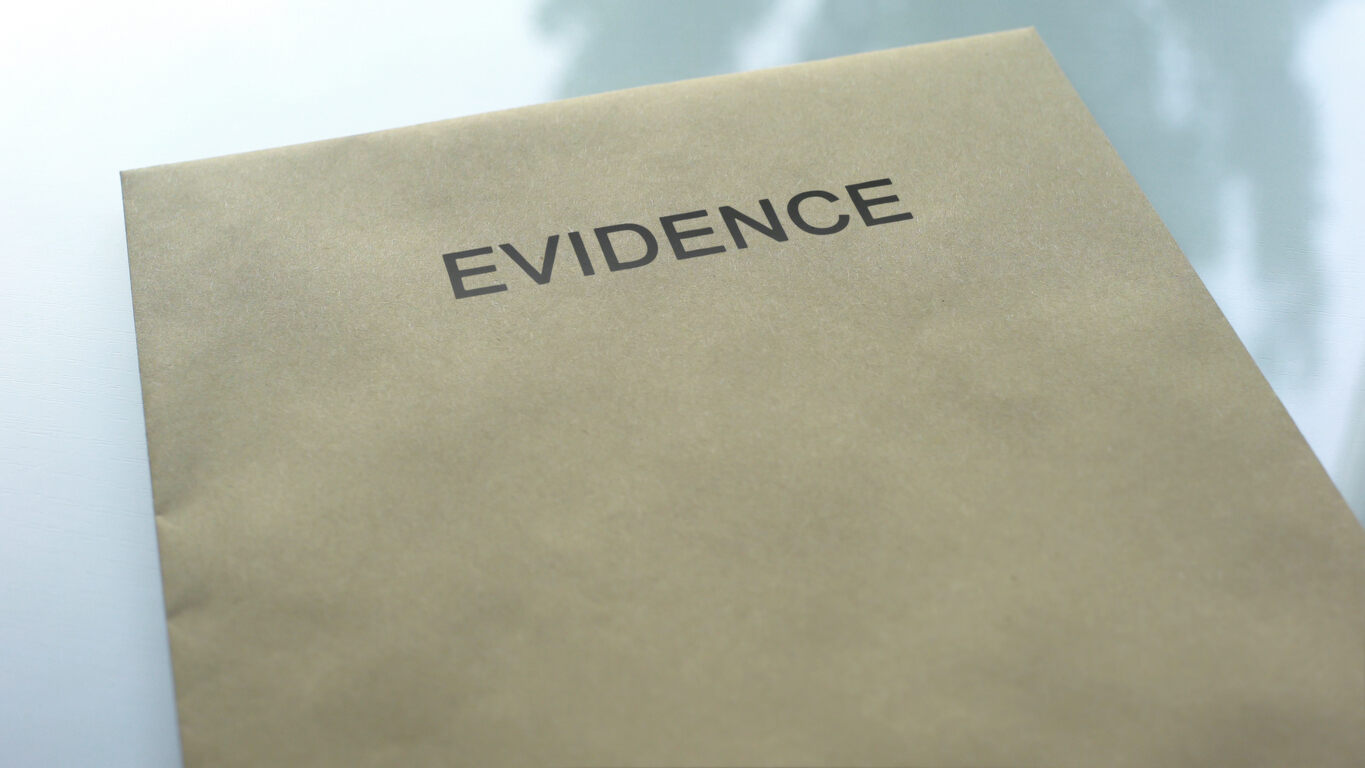Receiving a Request for Evidence (RFE) from U.S. Citizenship and Immigration Services (USCIS) can be intimidating, even for applicants who believe they submitted everything correctly. RFEs are official notices from USCIS indicating that additional documentation is required before your immigration application can be approved. While some RFEs are straightforward, others are complex and time-sensitive, and responding without legal guidance may carry significant risks.

At Kasturi Law LLC, we help clients across Illinois understand what their RFE means and how to respond effectively. Before you decide to go it alone, consider what’s at stake.
Why USCIS Issues Requests for Evidence
An RFE isn’t a denial, but it is a warning. USCIS issues an RFE when it believes an application is missing key information or that the evidence provided doesn’t meet the required standard.
Common reasons for an RFE include:
- Insufficient proof of a bona fide marriage in green card cases.
- Missing or incomplete financial documentation for sponsors.
- Inconsistencies in personal information or past immigration history.
- Lack of evidence for employment qualifications in visa petitions.
- Incomplete or incorrectly filled forms.
USCIS will give you a deadline—typically 87 days—to respond. If your response is incomplete, late, or inadequate, your application may be denied outright.
When Responding Alone May Be Too Risky
Some applicants feel confident responding to an RFE on their own, especially if it seems simple. However, the truth is that RFEs often require more than just submitting a missing form or photo. They may involve a legal interpretation, or USCIS may be indirectly questioning the credibility of your entire case.
Handling an RFE on your own can be risky if:
- You don’t understand why the RFE was issued
- The RFE includes multiple requests tied to different legal criteria.
- You’re being asked to prove a subjective requirement, like intent, hardship, or good faith.
- You’ve had prior immigration violations or status issues.
- You’re unsure if the documents you’re submitting meet USCIS’s evidentiary standards.
Even a small misstep—like submitting an outdated form, missing a required translation, or misunderstanding what USCIS is asking—can lead to a denial and jeopardize your immigration future.
How Legal Help Can Make a Difference
Working with an experienced immigration attorney gives you more than peace of mind. It provides you with a strategy. A lawyer doesn’t just fill out forms—they understand how USCIS evaluates evidence and how to construct a clear, persuasive response that addresses both the stated and unstated concerns in an RFE.
Our attorney can:
- Analyze the RFE to identify what’s truly at issue.
- Gather the correct type of evidence.
- Draft a compelling explanation letter or affidavit.
- Ensure that all forms and attachments comply with U.S. Citizenship and Immigration Services (USCIS) formatting rules.
- Submit the response on time and in the proper format.
Legal assistance is crucial in marriage-based cases, adjustment of status, employment visa applications, and situations involving waivers or prior denials.
Get The Support You Need to Protect Your Case
If you’ve received an RFE, you don’t have to figure it out alone. Kasturi Law LLC collaborates with individuals and families throughout Illinois to develop effective, timely responses that enhance their applications’ chances of approval.
Shobhana Kasturi, the experienced immigration attorney at Kasturi Law LLC in Chicago, proudly represents clients in Illinois, including those in Arlington Heights, Aurora, Champaign, Naperville, Schaumburg, and surrounding areas. We offer appointments in person, by phone, or over Zoom, and you can choose your consultation length—30- or 60-minutes—directly from our online calendar.


